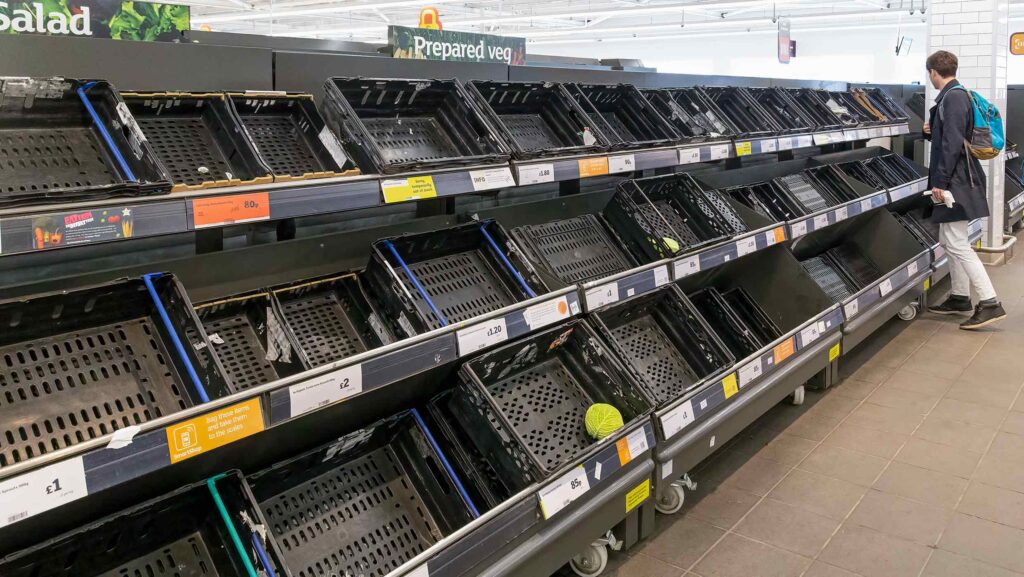As I write, we are in the middle of the general election campaign. By the time you read this, you’ll know the outcome.
When it came to voters’ priorities, within farming we have to be realistic that the majority of the electorate are either ignorant or misinformed about our sector. Their priorities will almost certainly have been significantly different to ours.
There have been musings about food security during some of the millions of hours of coverage from all the major parties, but next to nothing on what that means, let alone how it is to be delivered. At a time when we have a relatively unstable world, this should have more prominence.
Public engagement
So, how do we get this in the minds of the public and drive the questions to be asked of politicians? We have to make sure that people recognise what all branches of agriculture contribute to the food on our plates before we reach the point where there isn’t food there to start with.
You would think the general UK food-consuming public would make conscious decisions about how and where they spend their money, but unfortunately, survey after survey proves this to be far from the truth.
Westminster has been keen to give a tiny snapshot of information on a label of things they believe people want to know about – welfare and climate impact.
These are highly complicated, multi-faceted and multi-disciplinary areas of science and human behaviour interaction.
Yet the belief is this can be distilled down to a five- to six-point scale on a postage stamp-sized logo.
This will only lead to members of the public thinking they are making informed choices, when this could not be further from the truth. One major benefit of the upcoming election is this latest round of hasty madness has at least been delayed.
So, how are we going to inform consumers about the importance of agriculture and our sector in a more sensible way, driving behaviour change?
Public complacency
The working population consists of a couple of generations who have not had to face the stark reality of empty shelves, while also spending the least on food as a percentage of their income. This breeds complacency and idealistic views, which adults are very reticent to change.
The next generation coming through the primary sector are the ones we should be concentrating on. School staff’s farming knowledge is generally relatively poor, however, even in rural schools, which means nothing will change if we sit back and do nothing. The cycle will persist.
We must start making inroads ourselves and provide the seeds of change. So, I urge you, once the dust settles, to engage with your local schools and see how we can help drive the next generation to understand more and support British agriculture towards a brighter future.




